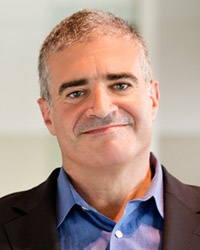Department Events
The department runs a variety of seminars, workshops and colloquia. See upcoming events below. You are also welcome to sign up to the seminar mailing list.
For visiting the department, see the map of campus, directions, and accommodation recommendations.
(Be reminded that the University of Warwick is not, surprisingly, located in the town of Warwick.)
Mon 16 Feb, '26- |
DIMAP Seminar: Richard Montgomery (University of Warwick)CS1.01 |
|
Mon 23 Feb, '26- |
DIMAP Seminar: Luca Prigioniero (Loughborough University)CS1.01 |
|
Mon 2 Mar, '26- |
CS Colloquium: Complexity in the Era of AI and Data-Driven Computing (Lance Fortnow - Illinois Institute of Technology)CS1.04Complexity in the Era of AI and Data-Driven ComputingLance FortnowIllinois Institute of TechnologyIn 2013 I wrote a book chapter on an imagined world where P = NP. A world with advances in medicine, translation, video recognition and generation, and much more. With the advances we’ve seen in computing power, optimization, data-driven algorithms, and of course remarkable advances in artificial intelligence, much of this world is coming true. We’ve made dramatic progress on problems thought unsolvable a decade ago. With one major exception, our cryptographic protocols have remained secure.
How did we get to this seemingly impossible world I call Optiland where we can solve many difficult problems quickly in practice while our secrets remain secure, and what does it mean for our understanding and role of computational complexity?
We’ll give a (mostly) non-technical overview that takes a step back and rethinks complexity in light of these advances, what AI tells us about complexity, and what complexity tells us about AI.

|
|
Mon 9 Mar, '26- |
DIMAP Seminar: Vihan Shah (University of Birmingham)CS1.01 |
|
Mon 16 Mar, '26- |
DIMAP Seminar: Pascal Baumann (MPI-SWS)CS1.01 |
|
